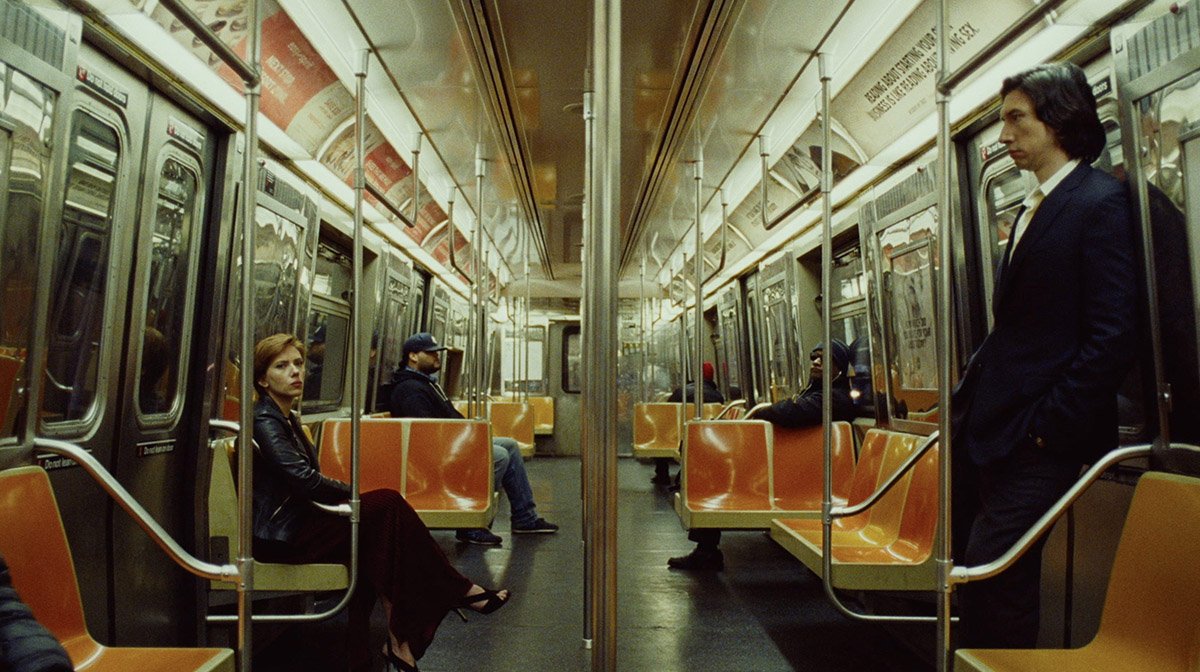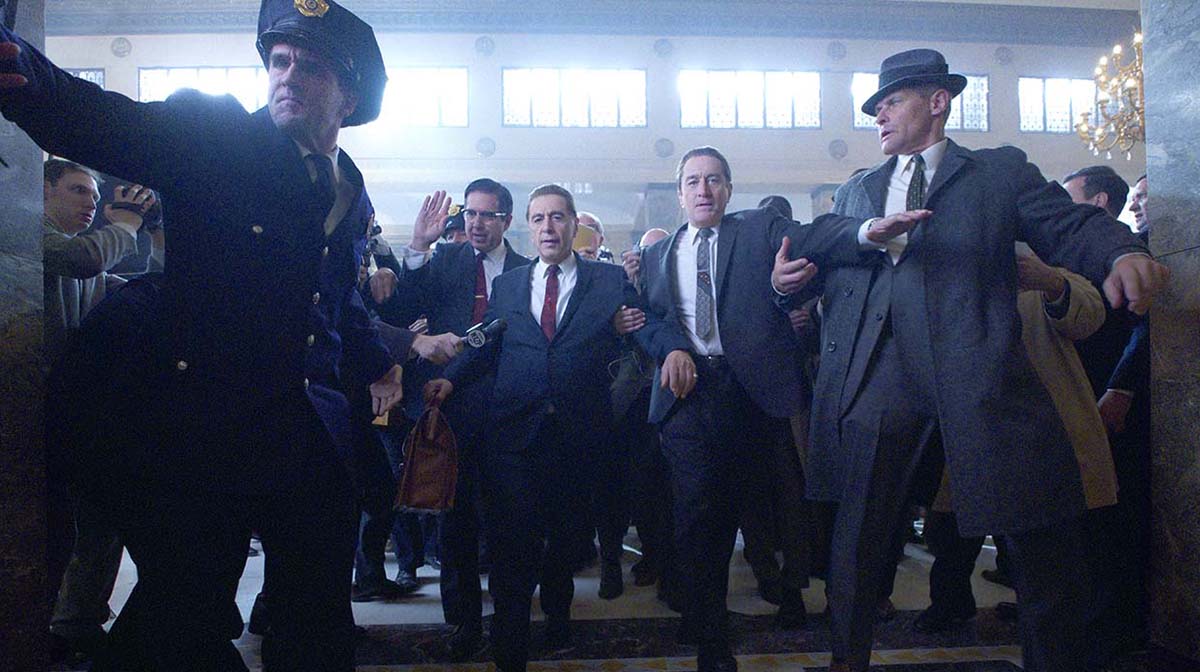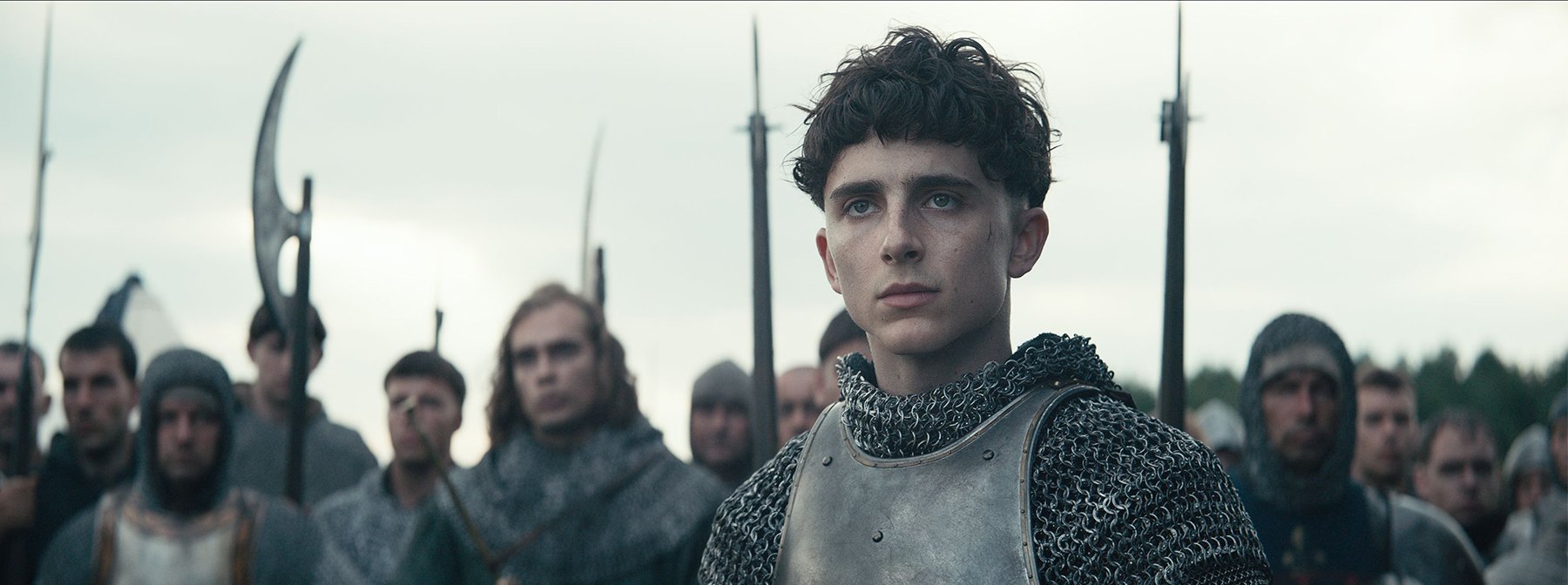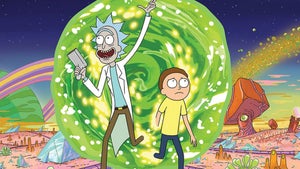
And yet, that is exactly what occurred at the latest edition of the Venice Film Festival at the start of the press screenings for Noah Baumbach’s Marriage Story, Steven Soderbergh’s The Laundromat and David Michôd’s The King.
What crime had these three films committed? Their opening credits were preceded by a huge, red, capital N – for Netflix. A similar situation occurred earlier this year in Berlin, for Isabel Coixet’s Elisa and Marcela.

Where did it all begin? Venice was the first major festival to select a Netflix film in competition – the very first Netflix original feature in fact: Beasts of No Nation.
Reactions were not as strong though, possibly because the streaming service was still in its expansion phase (the service debuted in Italy in late 2015, a month after Beasts had played in Venice).
We had yet to experience all the highs (mostly scripted TV series) and lows (Adam Sandler’s recent output) of the streaming experience.

Then came Cannes in 2017, and all hell broke loose. Thierry Frémaux, the festival’s head honcho, reportedly came close to losing his job because he had accepted two Netflix productions (or rather, as he termed it, one production and one acquisition) in the main competitive section.
This caused a ruckus within the French film industry, especially as far as exhibitors and cinema owners were concerned: under French law, a film that receives a theatrical release cannot be made available on any streaming platform for three years.
This is obviously a huge no-no for Netflix, whose main concession to traditional exhibition was inaugurated last year with Roma: a brief window of exclusivity before being simultaneously available in cinemas and at home.
The situation grew so tense on the Croisette that some journalists got their streamers mixed up and booed Amazon instead, while Cannes subsequently amended its rules, demanding that any film submitted for the competition or Un Certain Regard be available for a proper release in France (in an odd twist of fate, one of last year’s winners, Jean-Luc Godard’s The Image Book, went straight to TV).

There’s also the Academy situation, with more than one member having essentially admitted they voted for Green Book over Roma in this year’s Best Picture category to teach Netflix a lesson, and show the service that you can’t buy an Oscar.
Too bad the Los Gatos-based company isn’t alone in spending a lot of money on the awards season campaign. In fact, Green Book was produced, among others, by DreamWorks (a studio founded by one Steven Spielberg) and distributed by Universal in the United States – hardly an underdog.
Spielberg went as far as suggesting the Academy change its rules to essentially make Netflix films ineligible for Oscars on a technicality. Said vote, however, did not come to pass, because the same rule would have excluded most independent productions that can’t afford a lengthy stay in cinemas to qualify for Oscar consideration.
Spielberg also drew some ire for his seemingly derogatory use of the term 'TV movie' to describe Netflix’s output, which comes across as a tad hypocritical from the man who once famously said 'you can be creative in television' and made Duel, a TV film that got a theatrical release in Europe.

Now, is Netflix the best there is? Far from it. Its catalogue is equal parts brilliant and rubbish (although that can be said for pretty much any studio), and its marketing strategies are frequently lacking.
Two years ago, when I interviewed Sean Baker for The Florida Project, he told me he only found out about a certain film being available on Netflix because the director mentioned it.
Additionally, its reluctance – so far – to release most of its originals on disc might prove troublesome in the future, should the internal archive be wiped (in that case, ironically, festivals would be the solution, since their archives contain every single film they’ve ever screened).

On the flipside, is Netflix the destroyer of cinema (and cinemas) that a lot of people are painting it as? Not really, because for the most part the streaming service takes a chance on films that other studios won’t touch, and in other cases the directors themselves weigh their options.
Last year, at a Hollywood Reporter roundtable, Paul Greengrass explained that he wanted young people to see July 22, which made Netflix the preferred choice over the arthouse circuit.
The theatrical experience is in no way threatened, because the films people generally flock to see on the big screen – Marvel, Star Wars, DC, Pixar, Mission: Impossible – are not going anywhere, perhaps at the expense of everything else.
With the star system being essentially dead (even Leonardo DiCaprio and Dwayne Johnson are not always a guarantee of butts in seats), non-blockbusters are having an increasingly harder time in cinemas, to the extent that some of them might not even get a proper release elsewhere if the US numbers are disappointing.

In that sense, Netflix provides a safe haven (in the loosest sense of the word) for filmmakers who have struggled with the traditional model.
Soderbergh famously left studio filmmaking behind in 2013 and has never looked back, while Baumbach’s films were largely unseen on the big screen outside of the US (on a personal note, I remember when the Swiss distributor of Greenberg decided to cancel the release after the film had already been shown to the press).
That the boos I mentioned occurred in the context of film festivals is especially amusing: how many films that premiered in Berlin, Cannes or Venice did we then struggle to see on the big screen, unless they played at other festivals? Should we boo every film that will never receive a theatrical release in our country, be it a Netflix production or something else?

Perhaps the problem doesn’t lie with streaming platforms, but with the environment that led to their rise.
When The Irishman opens, consider this: Martin Scorsese, frequently hailed as the greatest living directors, had to go to Netflix because no one else would finance the film.
If even he can’t get his films made the traditional way, why begrudge other, smaller filmmakers with significantly less clout for making similar choices?
What do you think of Netflix movies? Let us know on social media.
For all things pop culture and the latest news, follow us on Instagram, Twitter, Facebook and TikTok.









